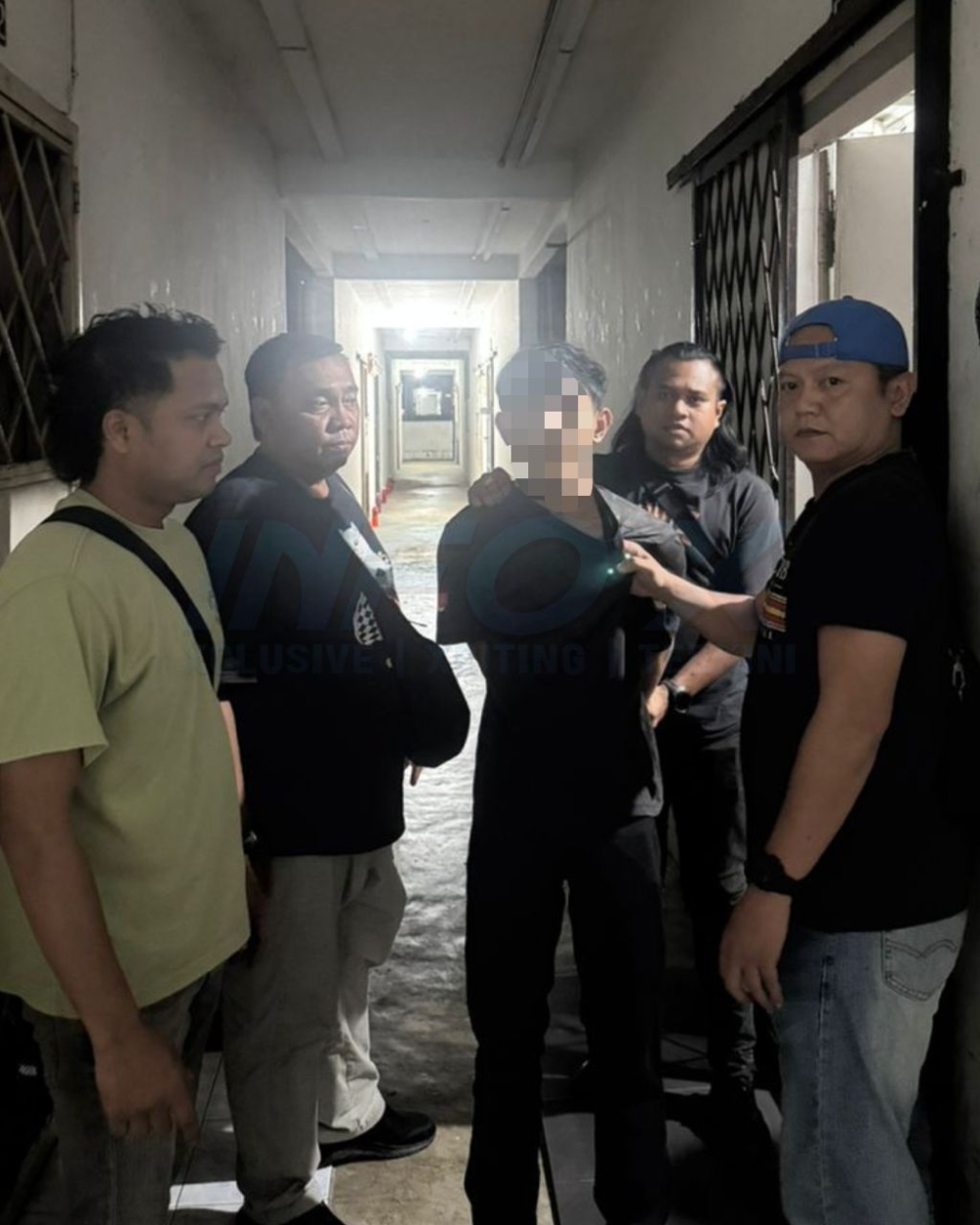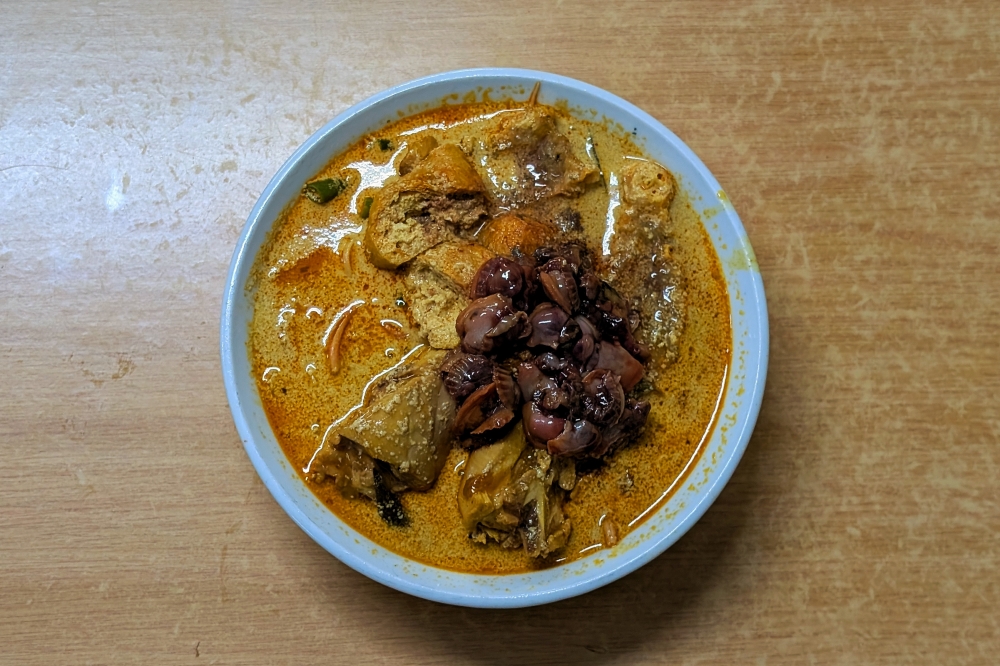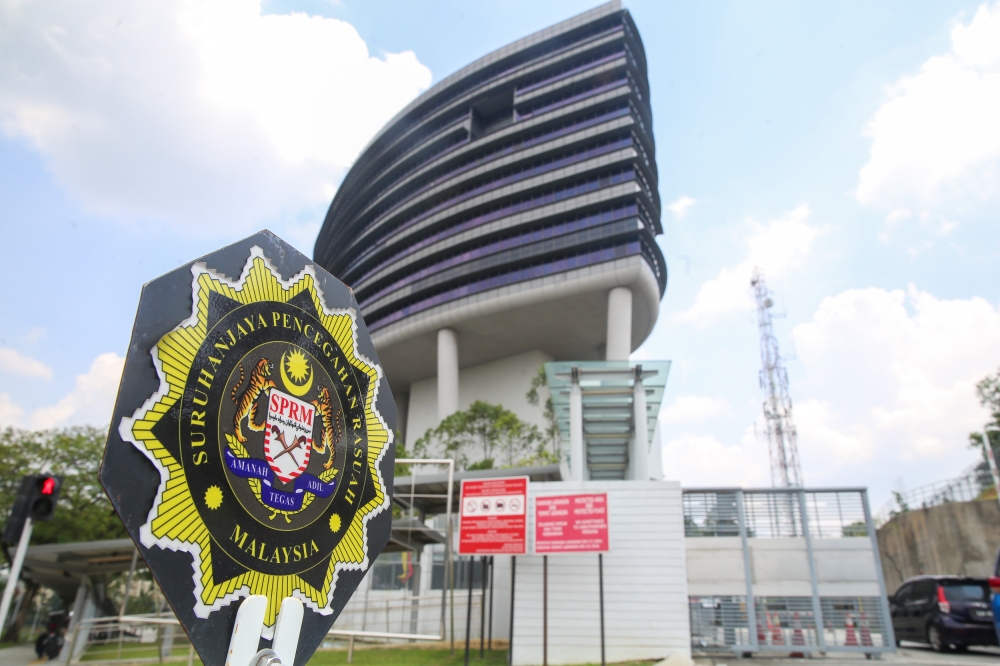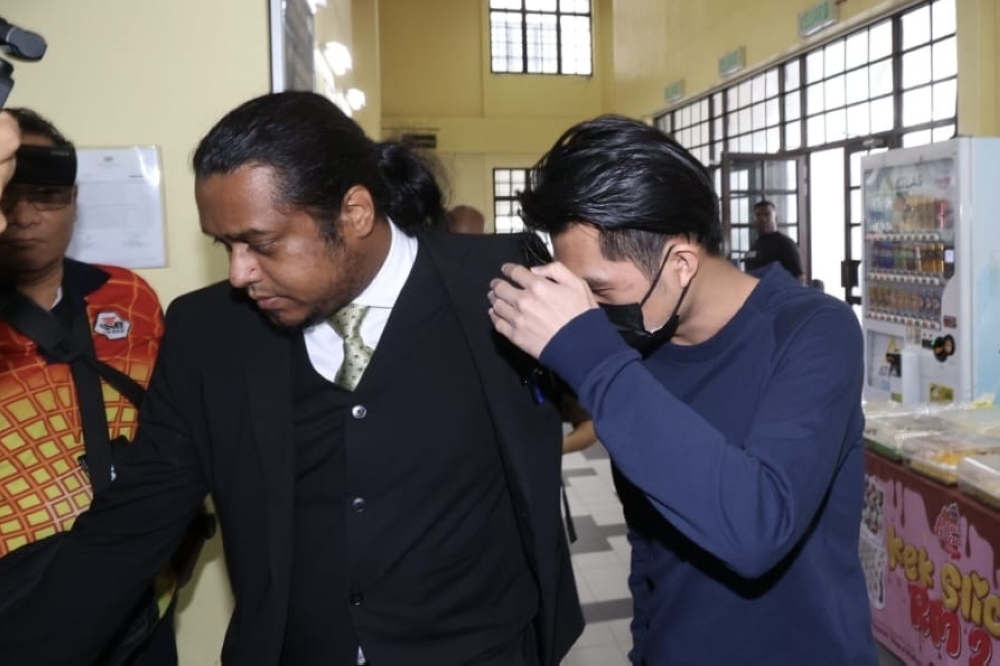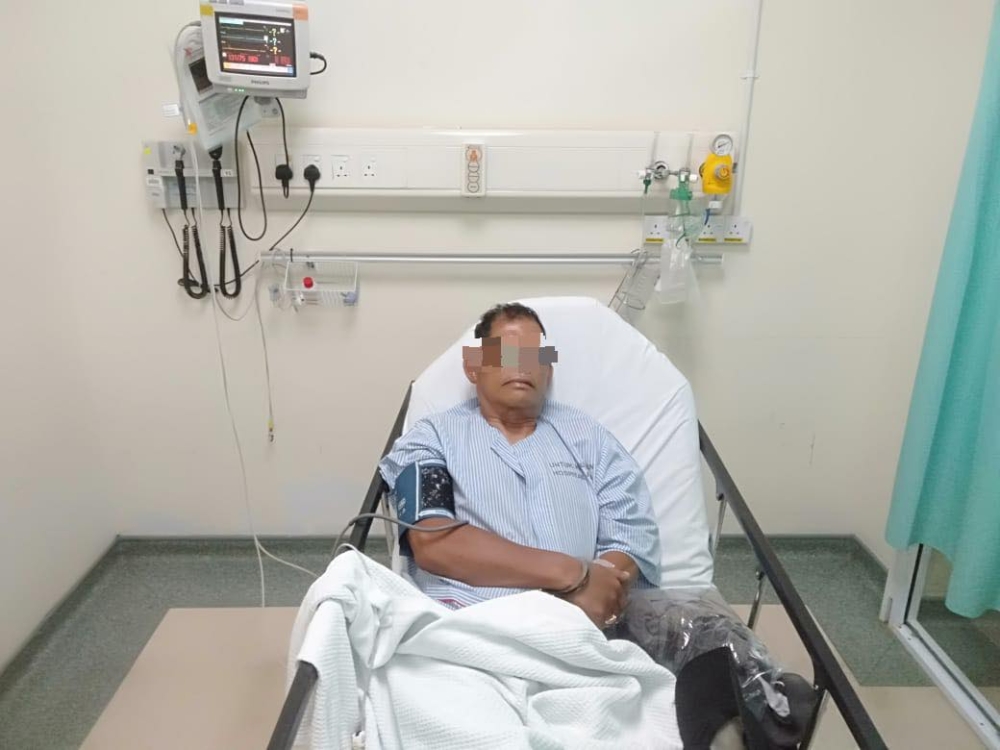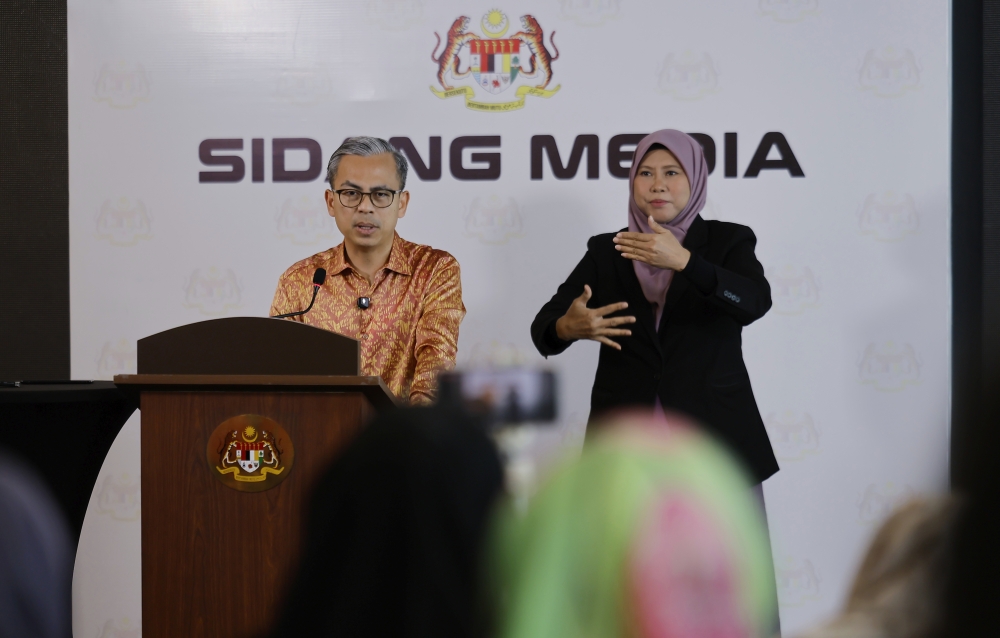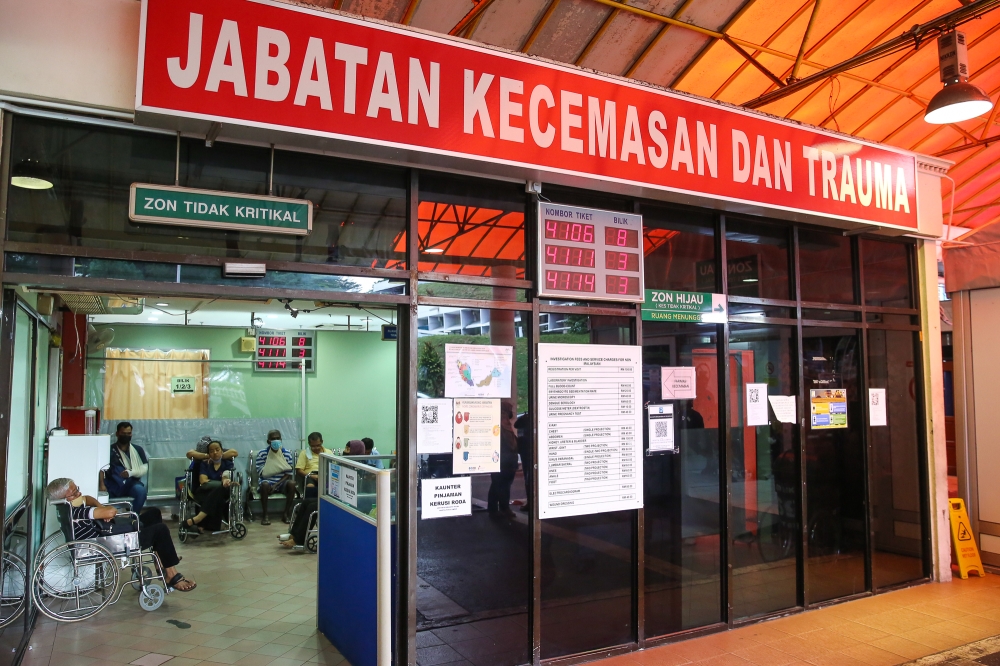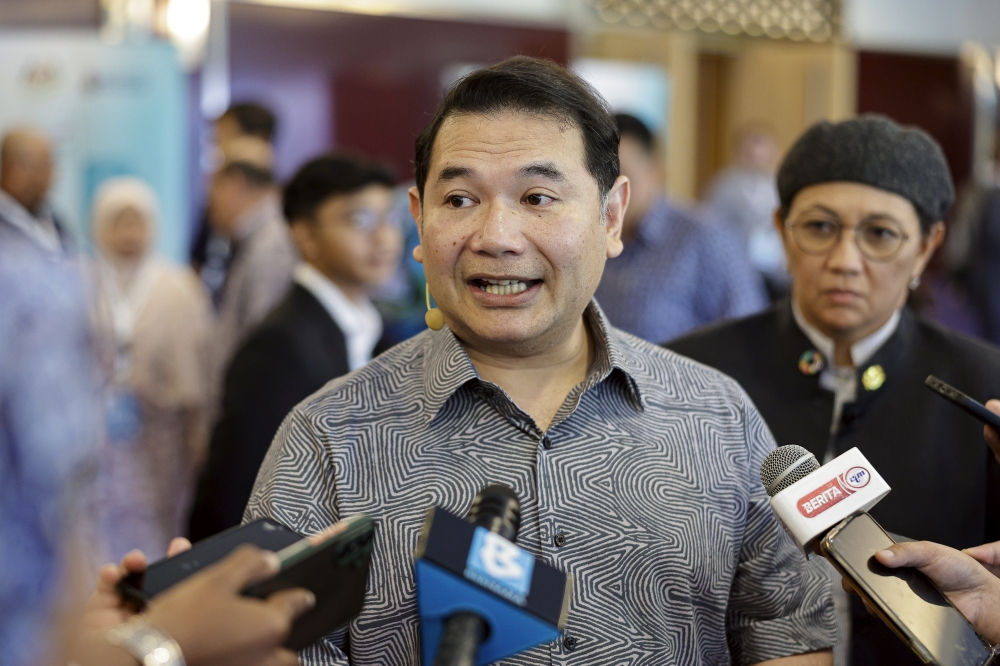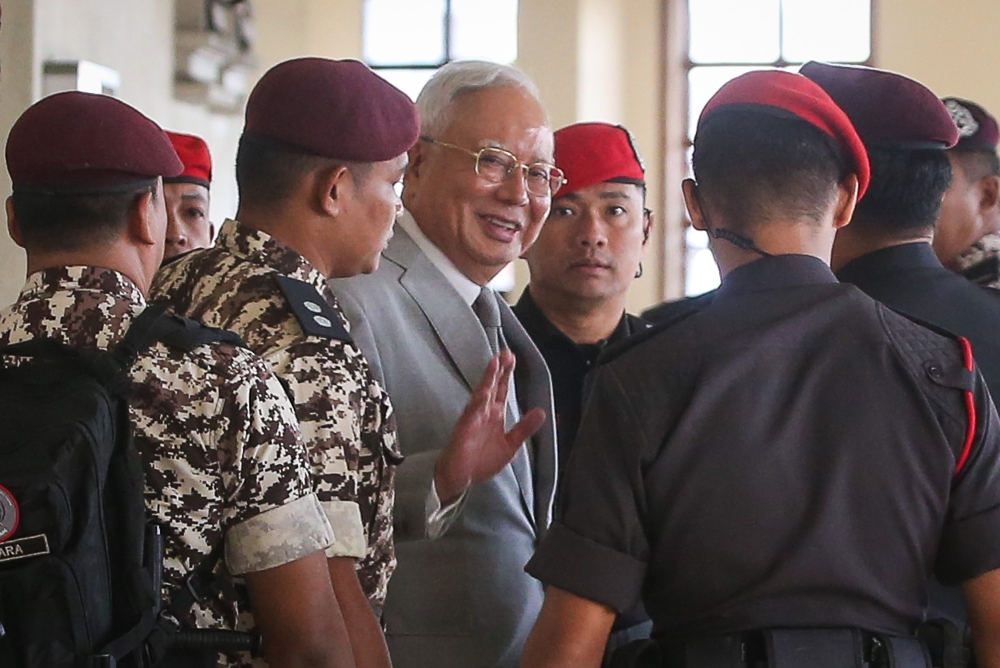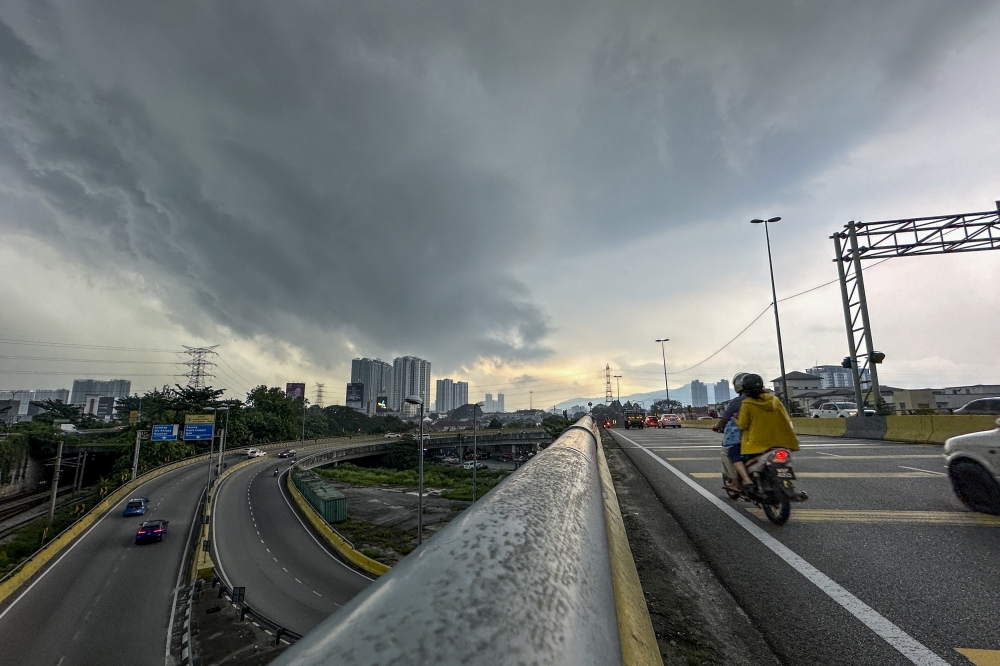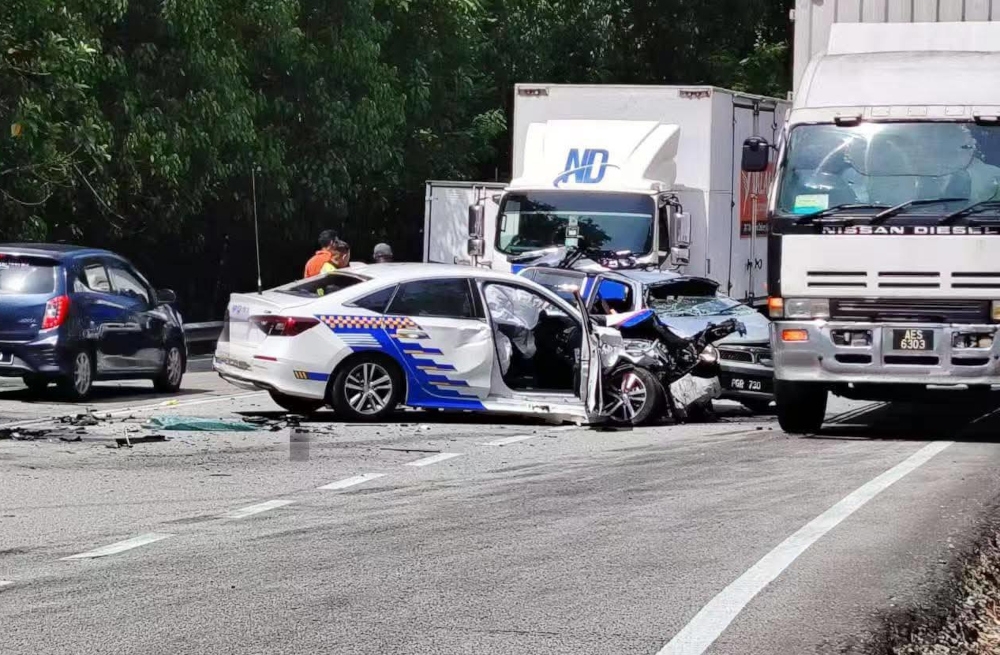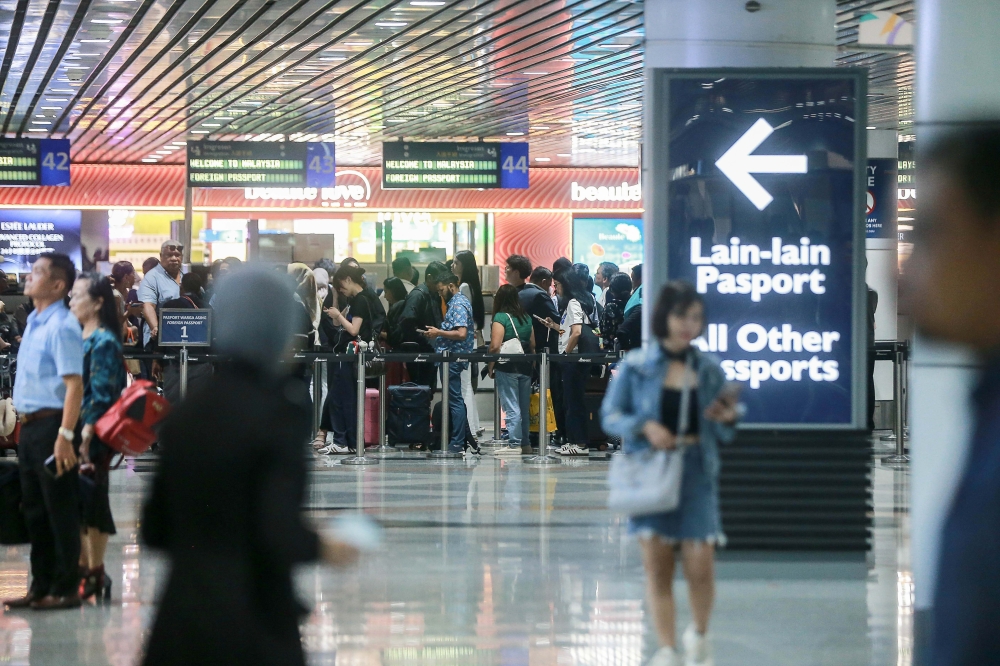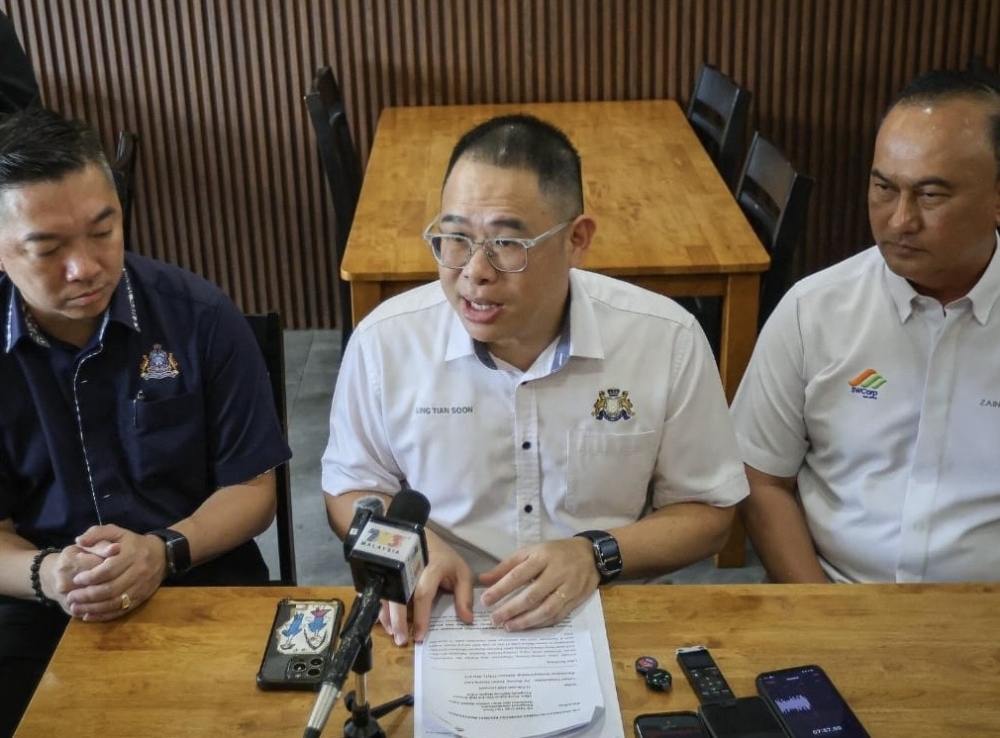KOTA KINABALU, Aug 24 — The Sabah government will launch the barter trade system for non-subsidised cooking oil products with Indonesia and the Philippines next week, said Chief Minister Datuk Seri Mohd Shafie Apdal.
He said the move was aimed at curbing the smuggling of subsidised cooking oil that was still rampant in the state and to separate the sale of subsidised and non-subsidised cooking oil.
“This is to ensure that only local people get subsidised goods and not foreigners. We know of many subsidised oil smuggling activities and these products are sold in the market. Therefore, we must separate them (between the sale of subsidised and non-subsidised oils).
“This is also to enable entrepreneurs from Indonesia and the Philippines to understand how to get the goods (cooking oil),” he told reporters after launching the Rural Entrepreneur Carnival (KUD) Sabah Zone here, today.
Mohd Shafie said, Sawit Kinabalu would be given the responsibility of providing non-subsidised cooking oil for the purpose of the barter trade system, while Benta Wawasan Sdn Bhd would provide subsidised cooking oil for the local market.
He said the move was also part of Malaysia’s preparedness through Sabah in dealing with administrative changes in neighbouring countries, particularly Indonesia, which was planning to move the capital from Jakarta to Kalimantan.
“This (the transfer of the Indonesian administrative centre) will have a huge impact in terms of economic development, so we need to prepare holistically to enable us to meet the demand there,” he said.
On KUD, Mohd Shafie said it was a great platform to help rural entrepreneurs to promote and market their products and to encourage more rural communities to venture into entrepreneurship as it was one of the key sectors that could contribute to the state and national socio-economic development.
In addition, Mohd Shafie also encouraged supermarket operators in Sabah to support the products of rural entrepreneurs that was of high quality by providing special spaces to market their products.
On the development of basic infrastructure, Mohd Shafie said the state government would cooperate fully with the Federal government in ensuring that 95 per cent of the rural population enjoy paved roads, electricity supply and water efficiency by 2025. — Bernama

